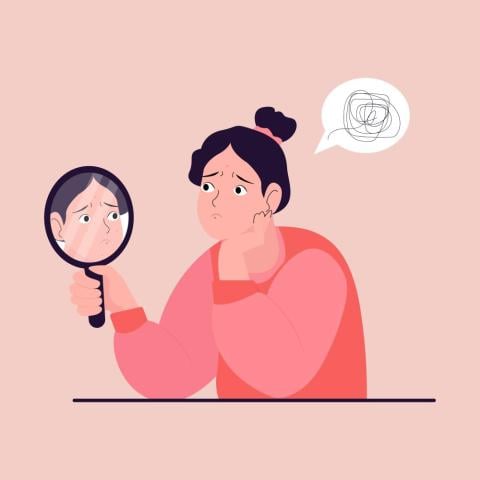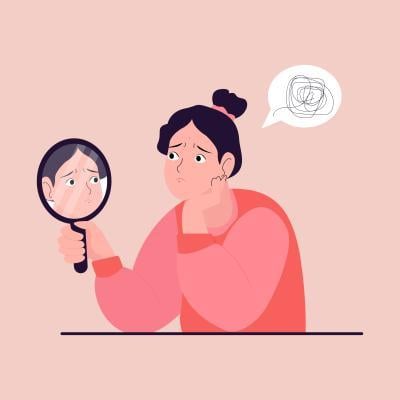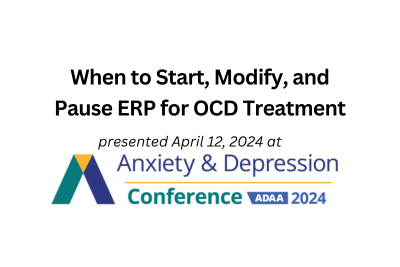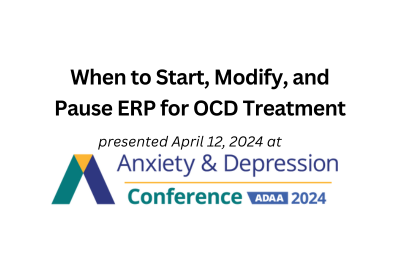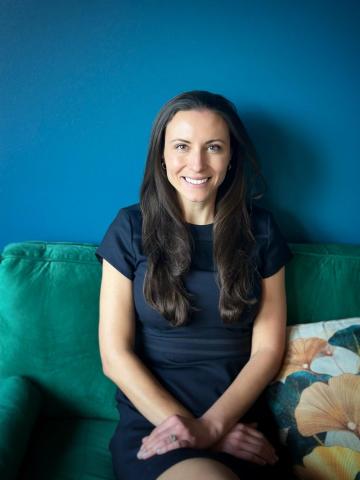My Success Over OCD
Two years ago I wondered if the horrible feeling, the gnawing in my stomach would ever leave. Inside my freshman dorm room, I lived in my own mind, fixated on my thoughts and tormented by irrational messages and faulty fears.
It wasn’t until the summer after that year that I was diagnosed with obsessive-compulsive disorder, or OCD. Although I’ve experienced some OCD symptoms throughout my life, the stress of moving away from home made my OCD explode. My parents and I wondered why I couldn’t adjust to college. Like a member of an audience, I watched my hall mates experience the normal worries of college: homesickness, classes, and the quality of dining hall food. I assumed the nervous feeling would eventually subside, but I was wrong. Even when the initial stress of college wore off, my anxiety remained.
My OCD doesn’t involve germs or orderliness, the symptoms typically portrayed in media. Just ask my mom—my room isn’t the cleanest! My OCD is about the fear of harming others, making me to think that bad thoughts will cause me to hurt people. These symptoms are also very common among those suffering from OCD.
My introduction to college was defined by a series of irrational questions. I would worry about having written something offensive on my homework or pieces of paper. I would pick up trash that wasn’t mine, papers I’d never seen before because I worried that I might have written something on one of them. I became anxious about the Internet and e-mail. I worried about losing control, writing something that would hurt someone. I knew these actions weren’t rational, that they were strange and beyond unreasonable, but I couldn’t help myself. The doubt was haunting me.
When I came home, I knew my OCD was getting worse. I was barely functioning and couldn’t bear to be alone without the reassurance of my family. I realized that if I returned to school, I would find myself in a situation worse than I had experienced my freshman year. I decided to take a medical leave of absence and focus on treatment.
I was treated at the Center for the Treatment and Study of Anxiety at the University of Pennsylvania. When I discovered that I had something that was real and treatable, I experienced much relief. Finding the right therapist took some time and patience (I went through a few!). But with the help of my excellent therapist and effective ERP (exposure and response prevention), I was finally able to confront my fears. I learned how to fight OCD: Instead of hiding, I had to attack it head on.
Now I’m no longer defined by my OCD. Still, I have moments when I remember when my disorder overtook all aspects of my life. But it’s becoming harder and harder to remember the years of worry, embarrassment, and avoidance.
I’m back at school and I don’t know what challenges or roadblocks lie ahead. Even with treatment, I have to manage my OCD every day, but I’ve learned to cope and live with its presence.
With the stress of leaving home and starting something new, many college students report experiencing symptoms of anxiety disorders for the first time. So I’m working to spread awareness about anxiety disorders on college campuses, which is the purpose of my website Riding the Curve.
